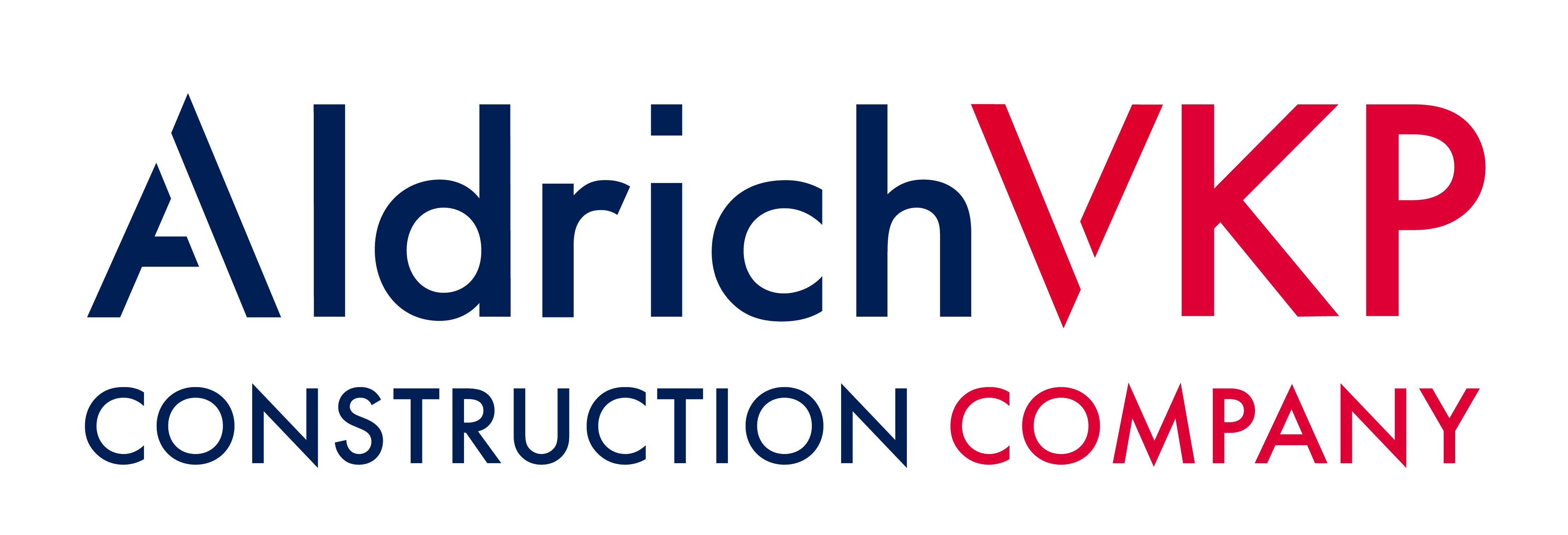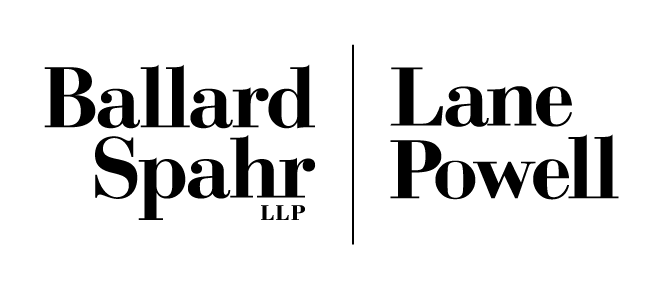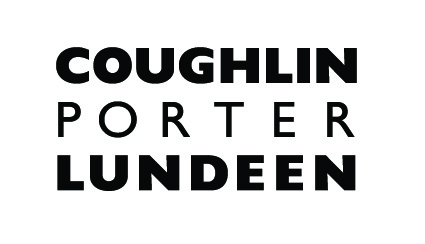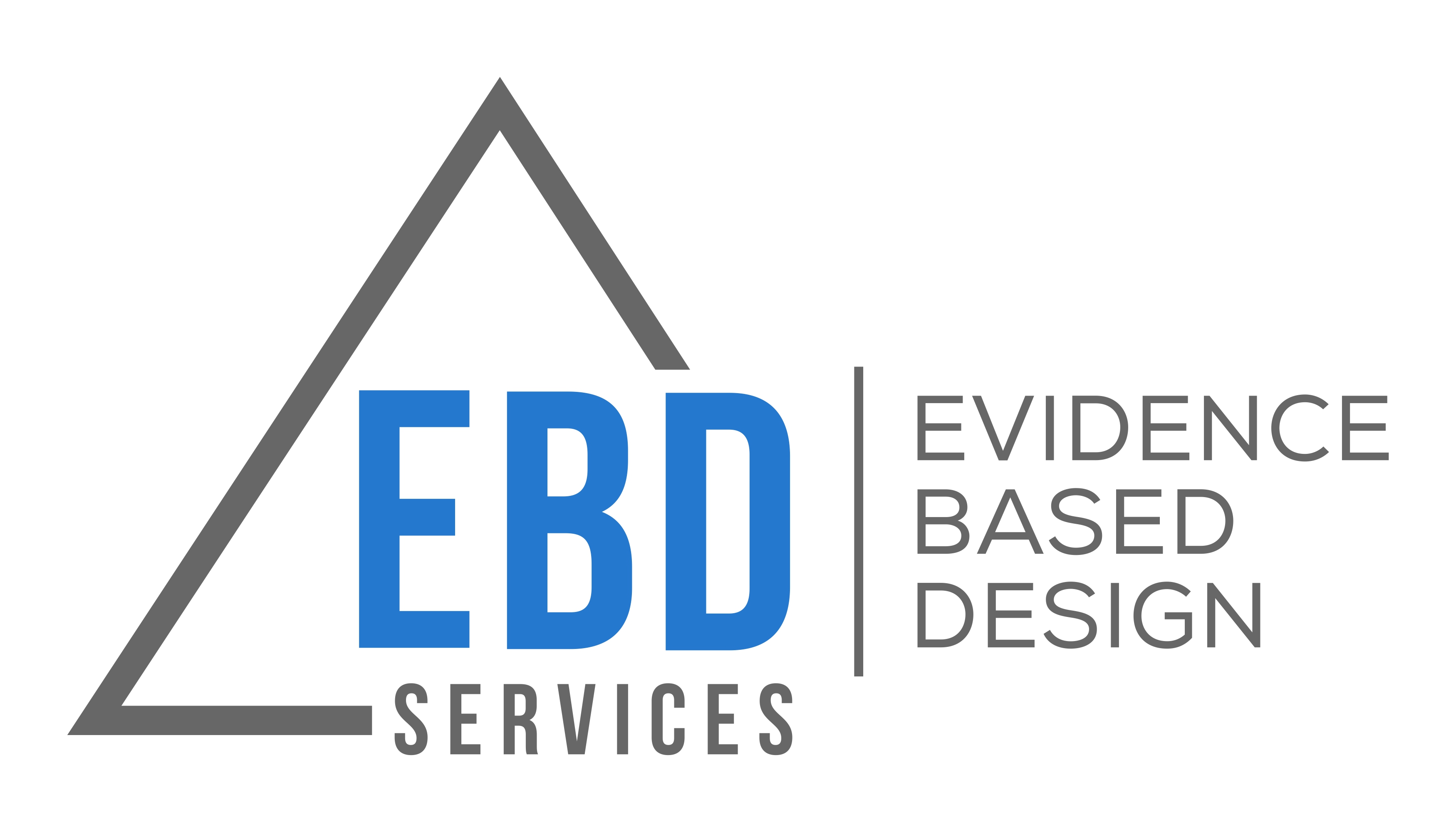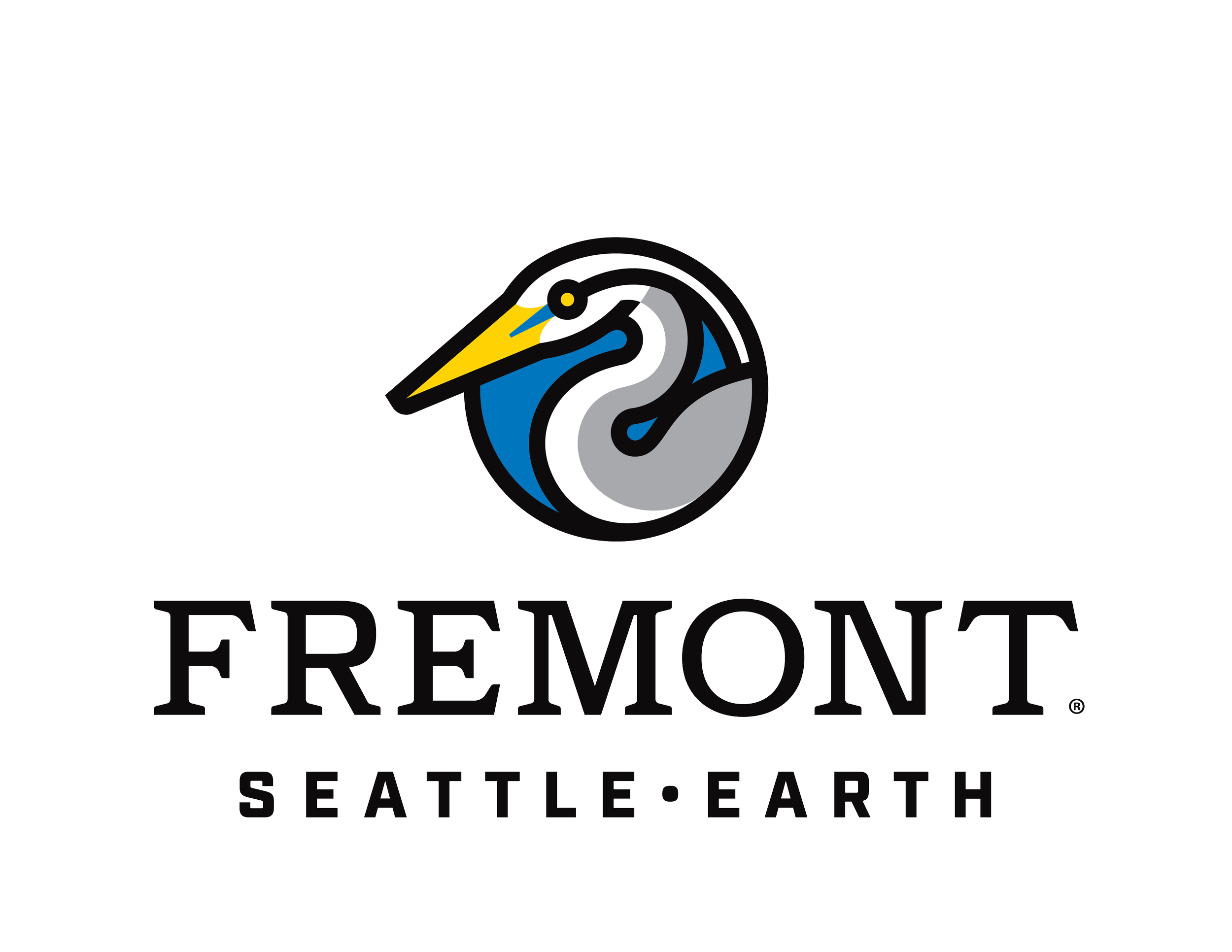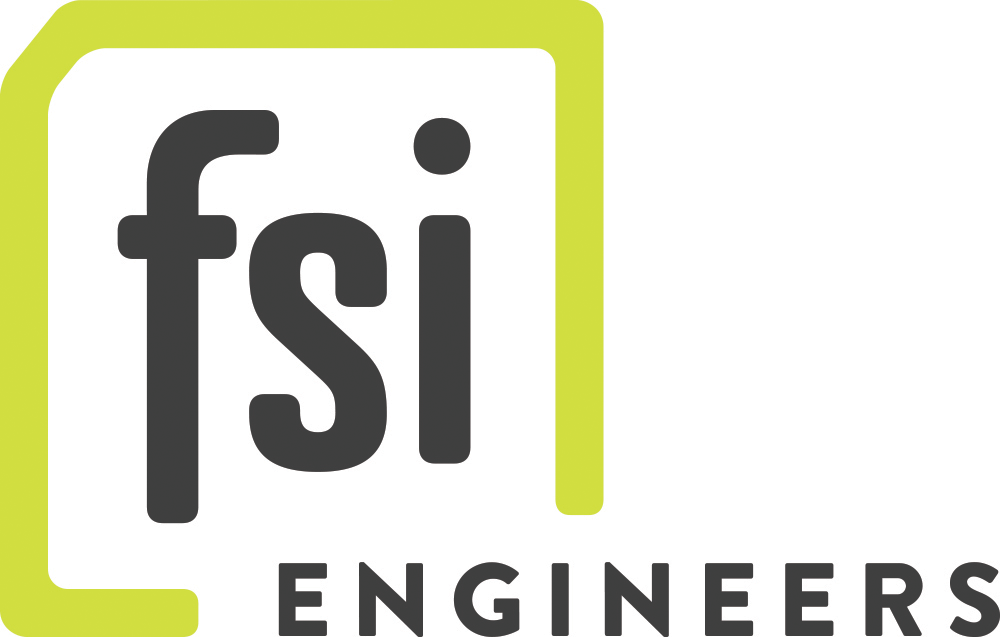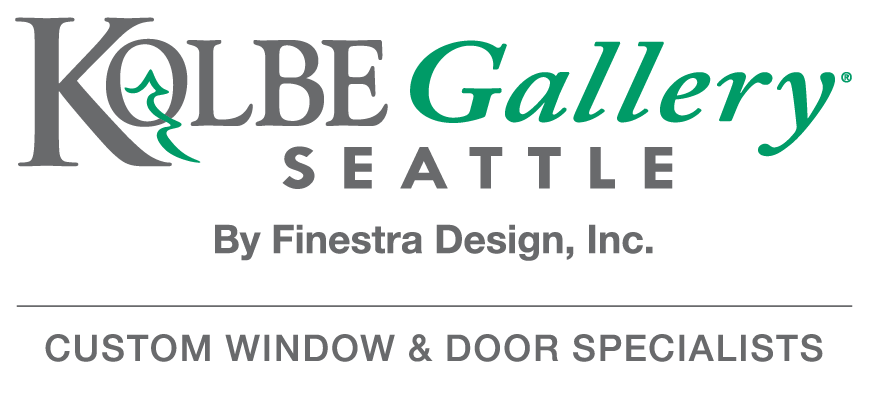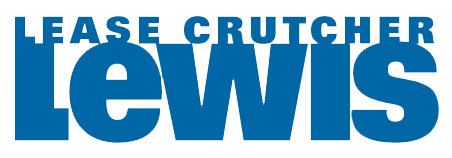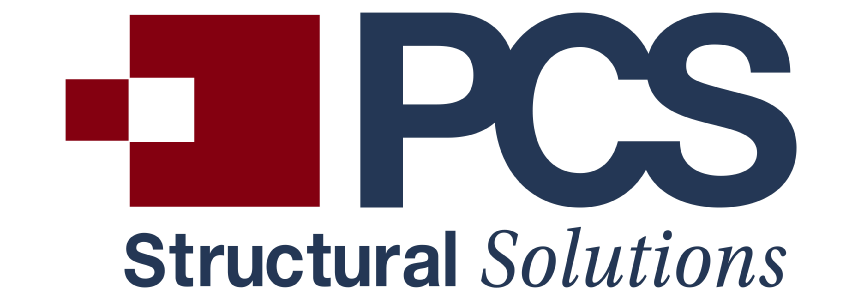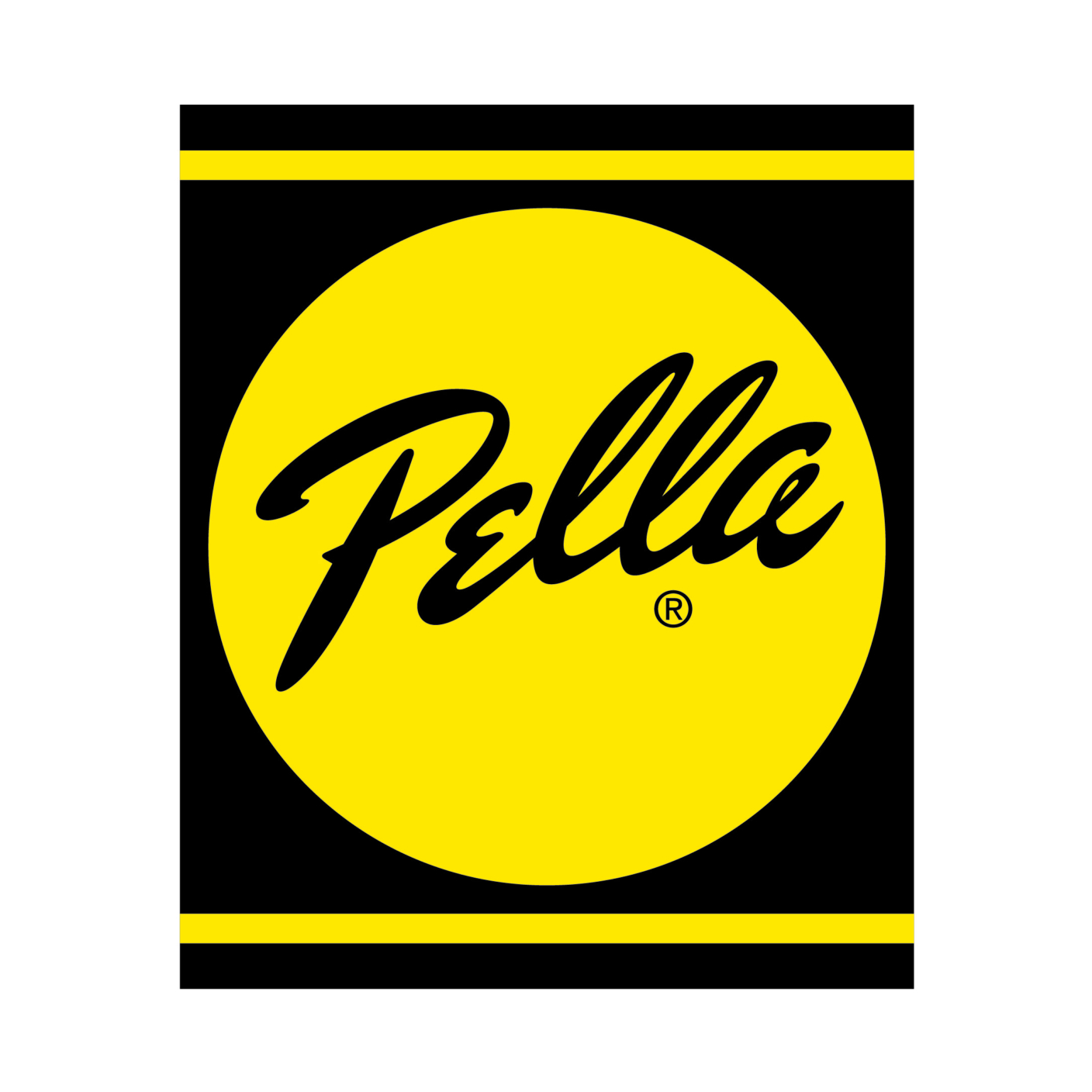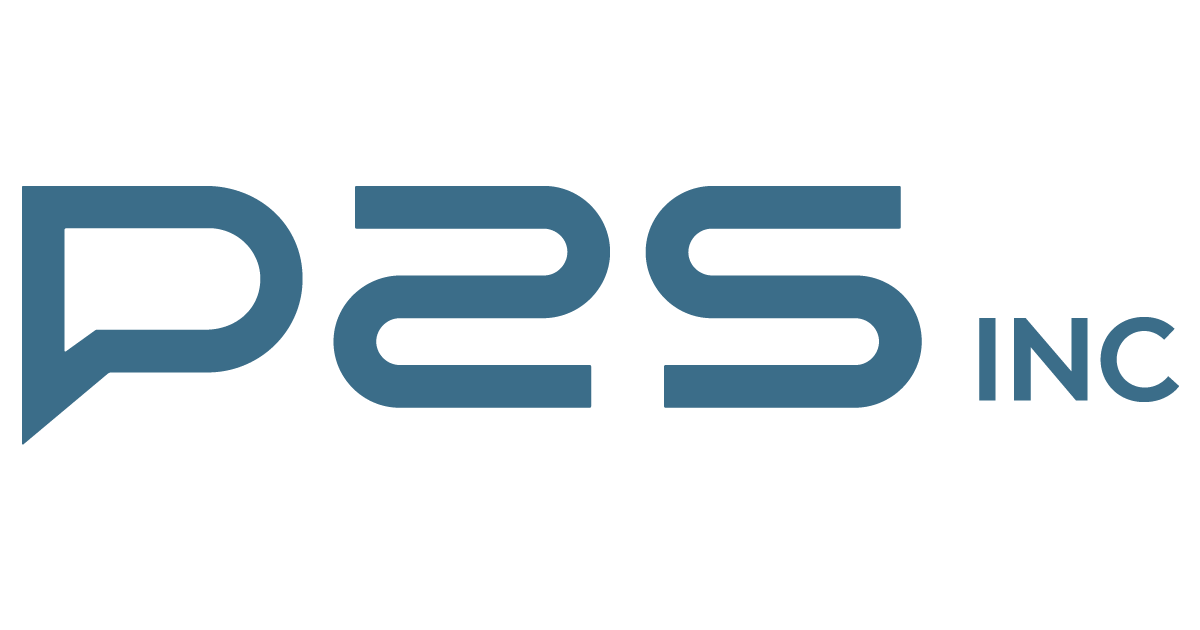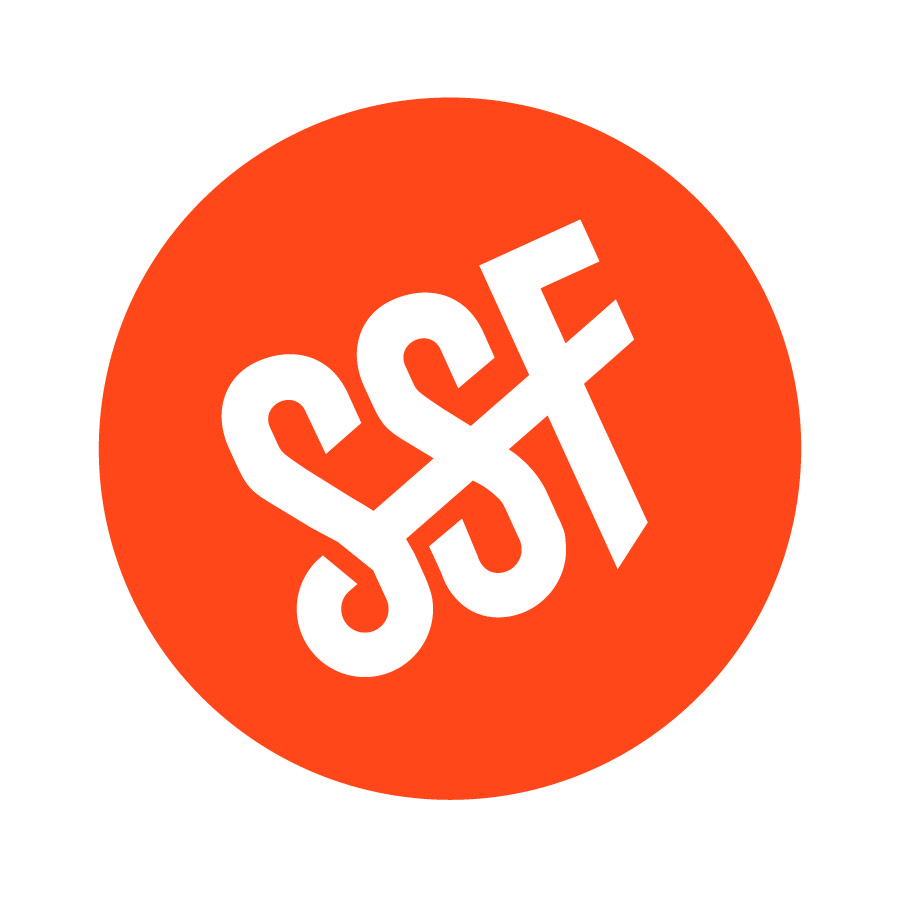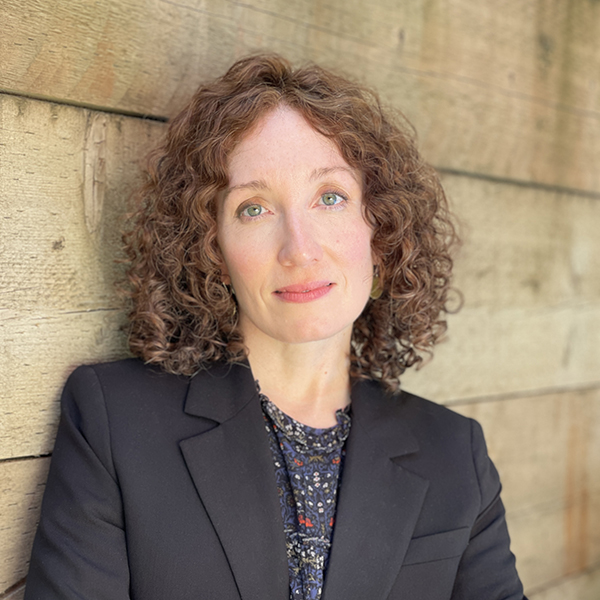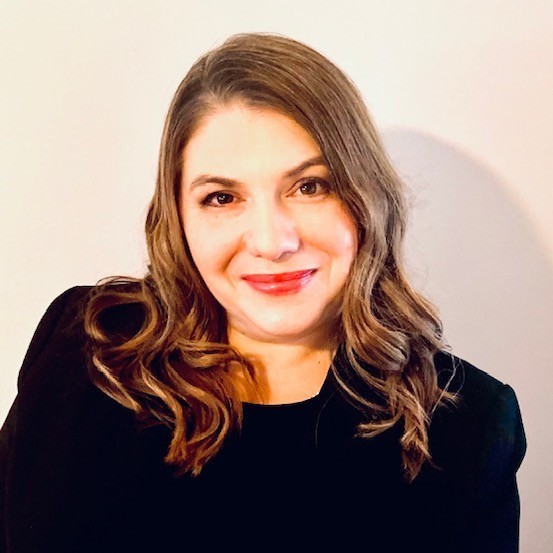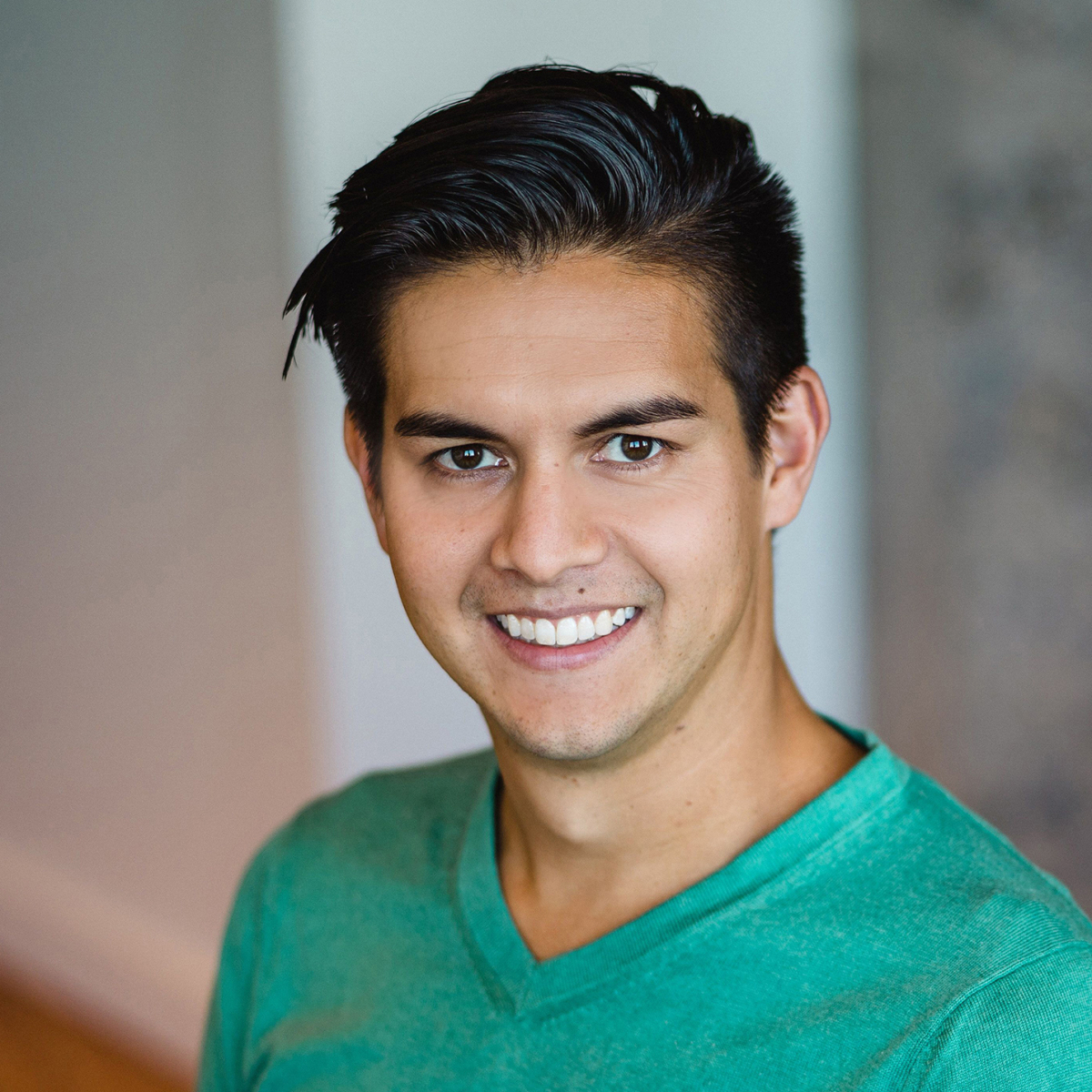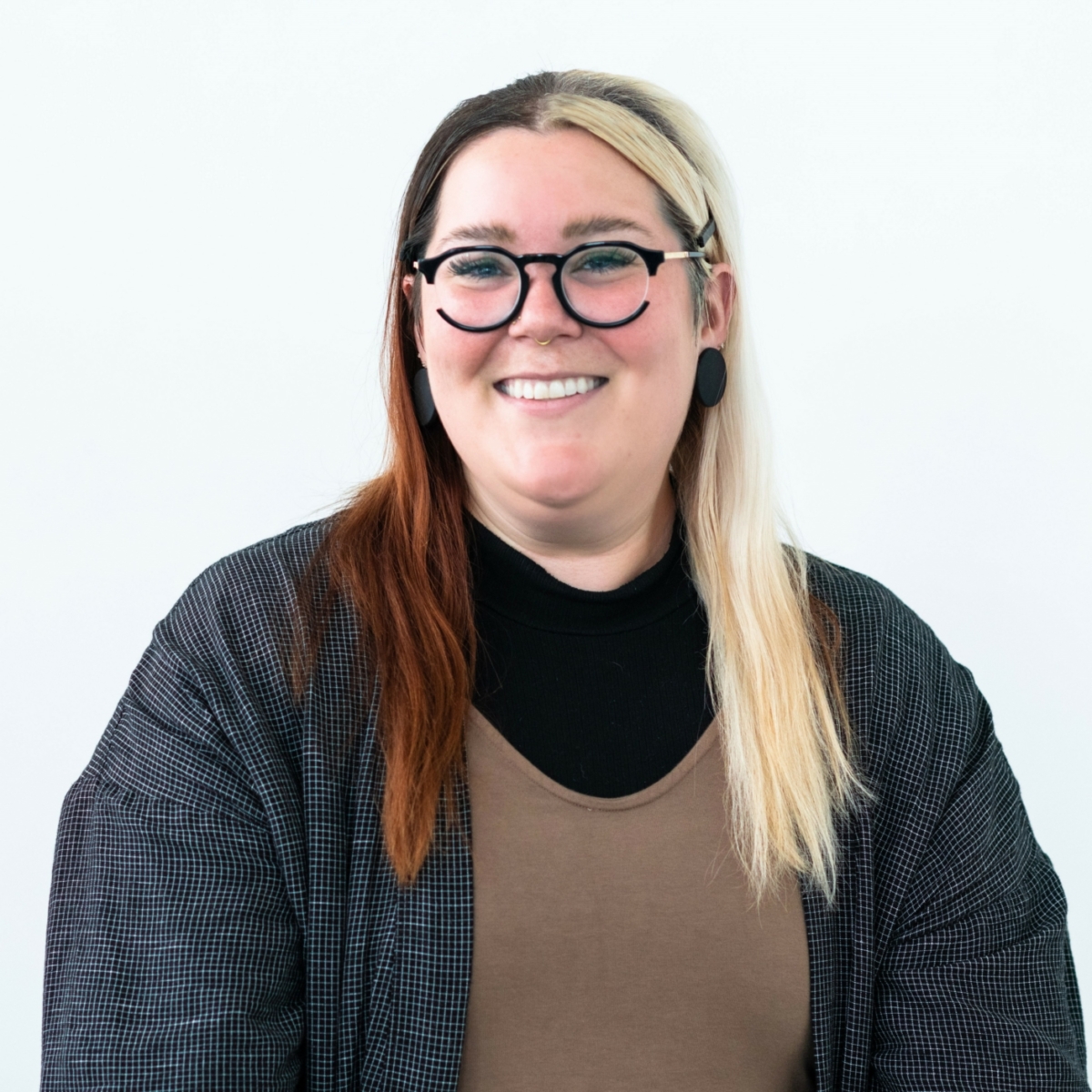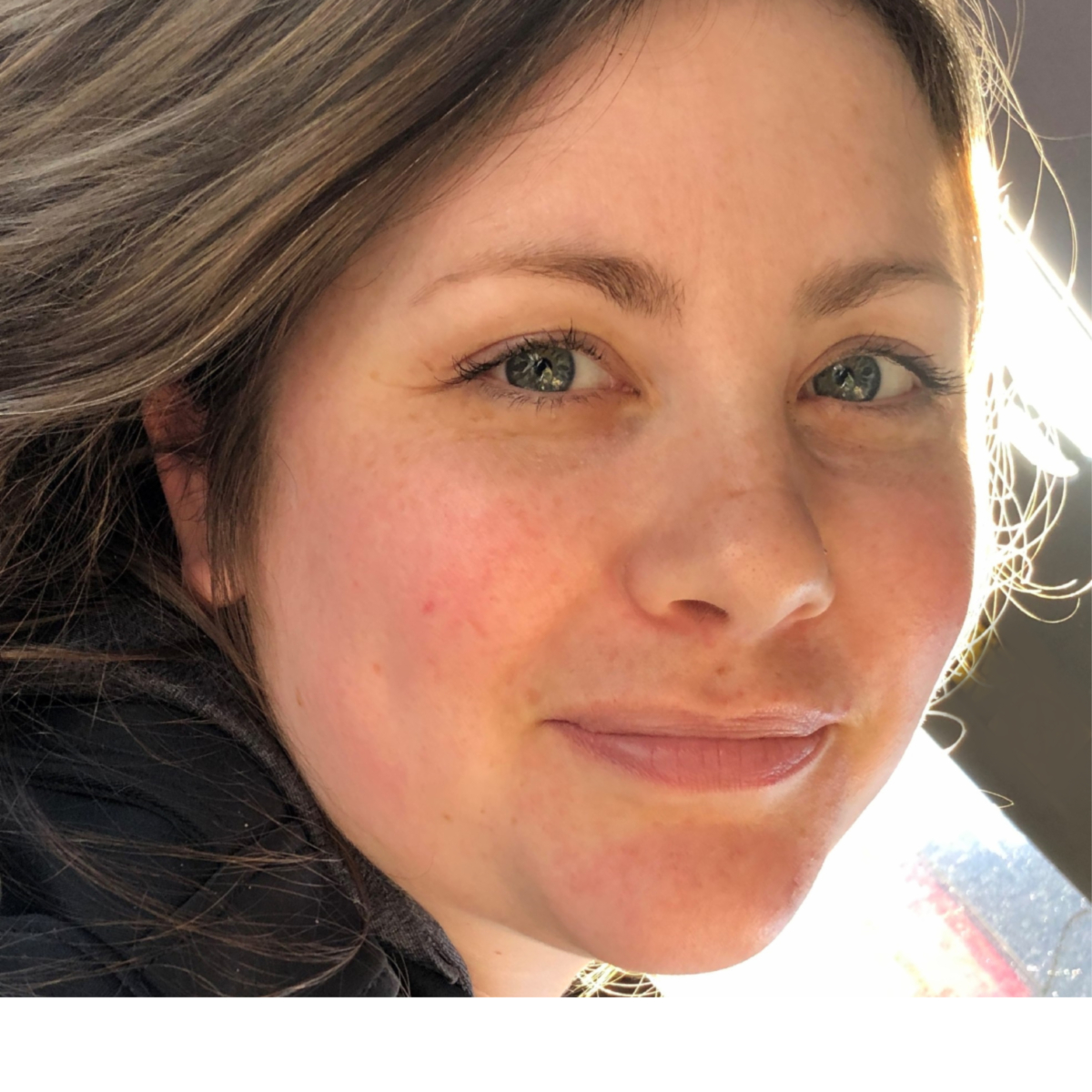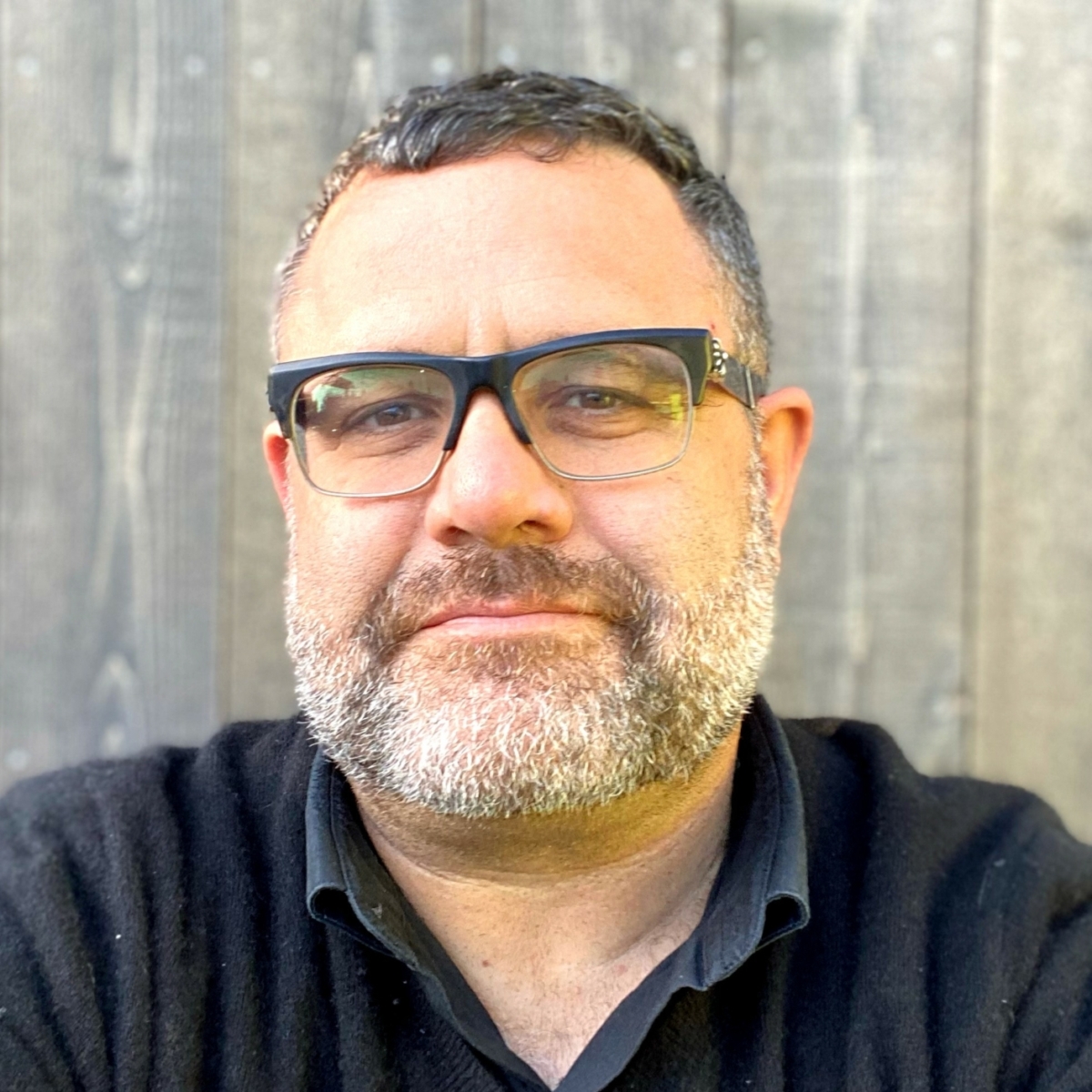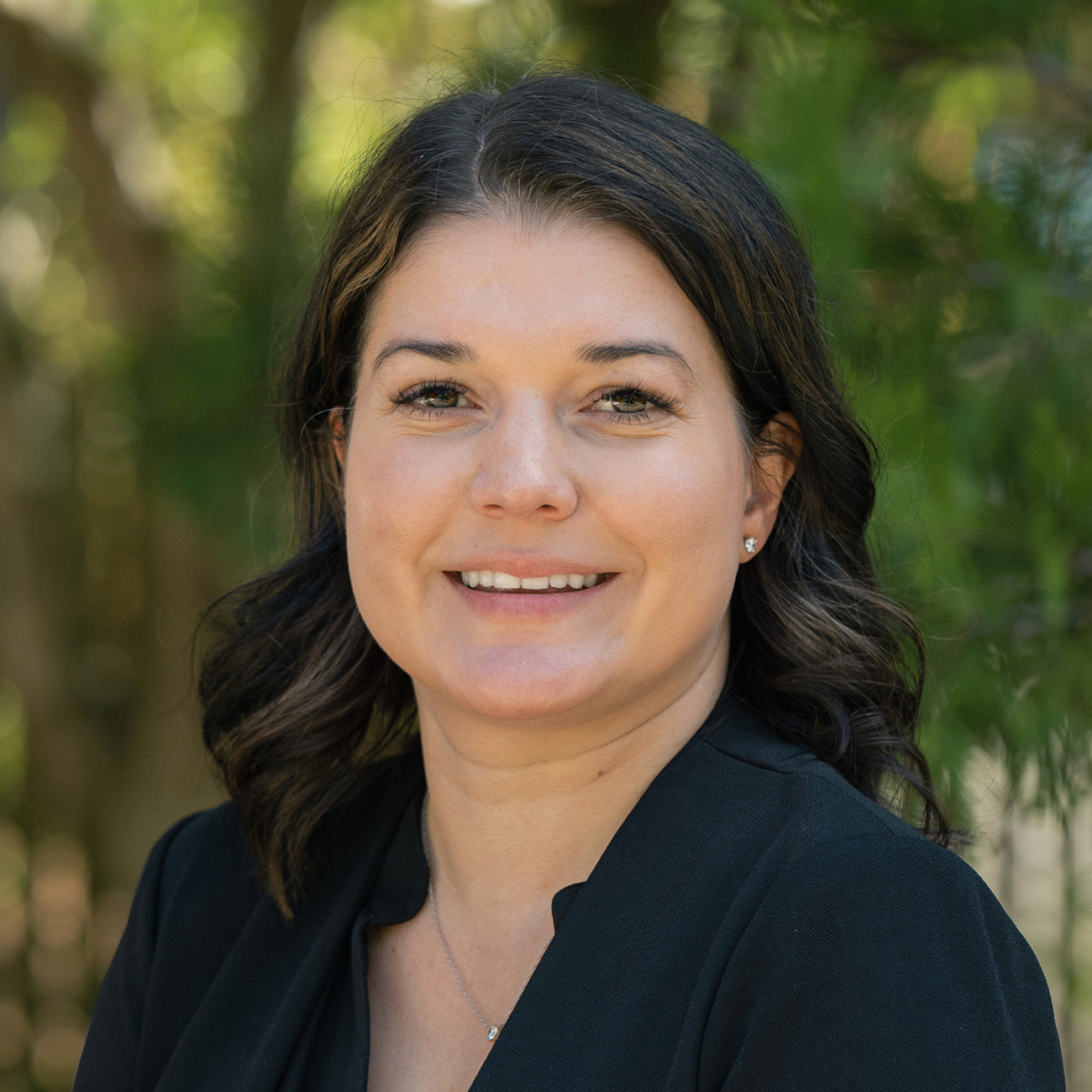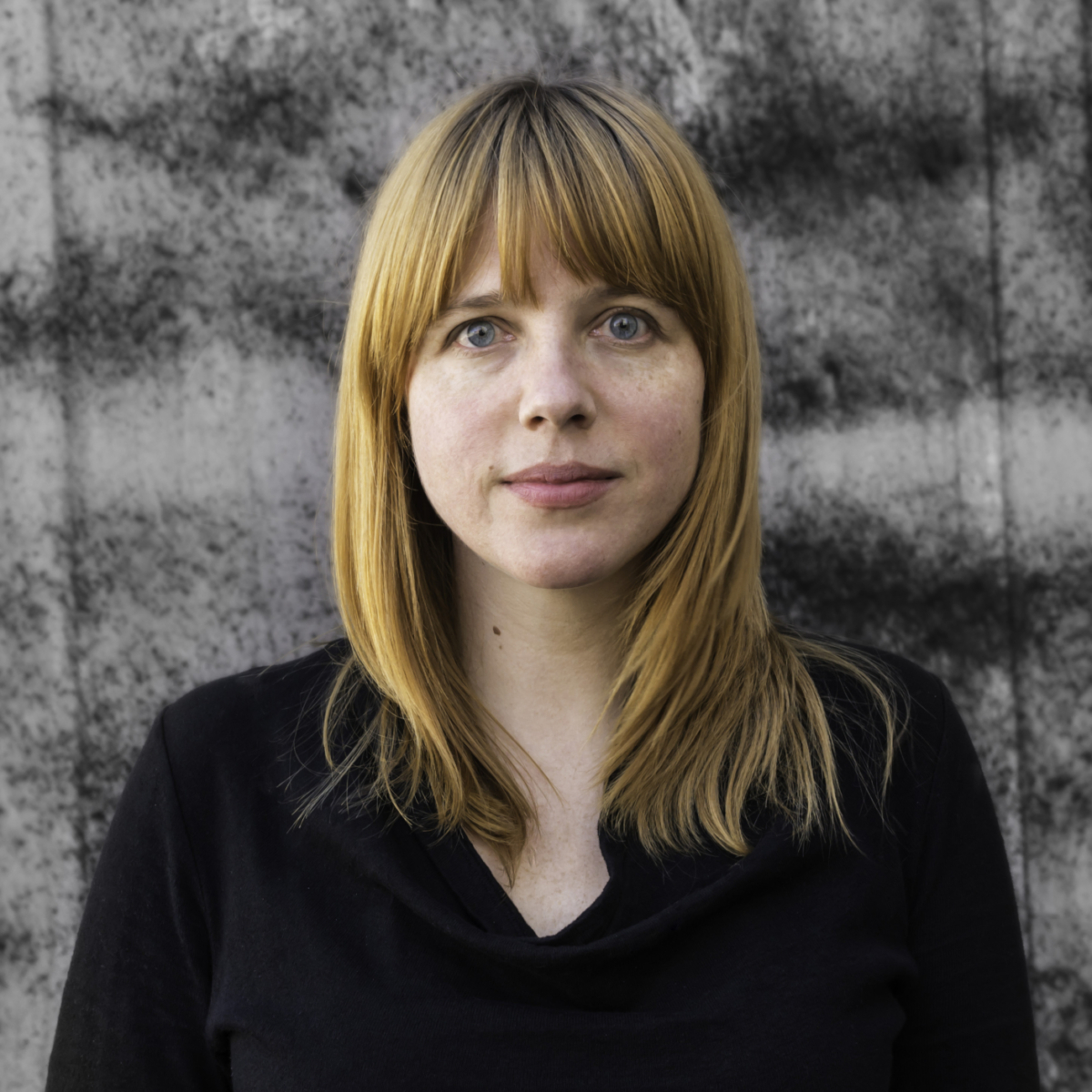NATIONAL NEWS
AIA National Approves Rule on Justice Facility Spaces
In December, AIA National’s Board of Directors approved new rules to the AIA’s Code of Ethics and Professional Conduct prohibiting members from knowingly designing spaces intended for execution and torture, including indefinite or prolonged solitary confinement of prisoners for 22 hours or more per day without meaningful human contact, for more than 15 consecutive days. The Board expressed its opinion that the design of such spaces is inconsistent with the profession’s fundamental responsibility to protect the health, safety, and welfare of the public and uphold human rights. AIA Seattle sent a letter in support of this change to the Board.
STATE NEWS
A Legislative Session Like No Other
The state legislative session begins on January 11 and will be conducted largely virtually this year. As always, you can follow along on TVW and by reading AIA Washington Council’s legislative updates during the session. If you are interested in more information about how to follow a particular issue or bill, or if you have questions, let Kirsten know. For more detailed information about how to impact state policy during the session, consider attending AIA|WA’s Navigating the State Legislative Session webinar, described under Events below.
For more information about AIA’s agenda for the session, see AIA|WA’s legislative preview here. Key agenda items from AIA Seattle’s perspective include:
Climate
- Measures to decarbonize buildings by supporting building electrification
- Embodied carbon requirements for state-funded buildings
- Clean energy retrofits for public buildings
- State Building Code Council – energy code and fending off attacks on its structure or mission
- Growth Management Act – adding a climate element to planning requirements
Housing
- Permanent funding source for the State Housing Trust Fund
- Growth Management Act – amend the GMA’s existing housing element by requiring counties to:
- Plan for housing based on targets, income, and type
- Plan for duplexes, triplexes, and townhomes
- Plan for homeless housing
- Work to limit displacement from market forces in high-risk areas
- Further fair housing principles
- Incentivize and remove barriers to missing middle housing, including ADUs
- Housing Benefit Districts – planning and land acquisition around high capacity transit stations for complete communities, with a focus on low-income housing
Racial & Social Justice
In addition to understanding and incorporating BIPOC and low-income community concerns in its focus areas, AIA|WA will be tracking policy issues related to race and social justice during the 2021 legislative session. While we may not be able to actively support the wide array of proposals in this category, we intend to make members aware of them and provide information on how individuals and firms can weigh in as they wish. For firms that have signed on to the NOMA Call-to-Action Pledge, this information may be used to help comply with Ongoing Commitment #5:
Become engaged at the state and local levels in public, housing, and education policy. Advocate for policies that promote integrated neighborhoods; legislation that benefits the growth, resources, infrastructure and, therefore, prosperity of all communities and demographics.
Currently, our list includes these areas:
- Assistance for individuals and families hit hardest by COVID.
- Criminal justice system reform
- Police reform
- Homeownership opportunities
- Investments and revenue
- Provide new investments in BIPOC communities and maintain existing social safety net programs.
- Identify more progressive sources of revenue to invest in long-term commitments
- Broadband access
If you are interested in helping AIA|WA navigate these issues by providing feedback and helping to weigh policy proposals, please let Kirsten know.
Governor Announces Climate Priorities
Gov. Inslee announced his climate priorities for the state legislative session, including a Healthy Homes, Clean Buildings Act that provides a statewide approach to systematically decarbonize buildings. Although the details are not yet finalized, here are the main components:
- Requires any new buildings to be zero-carbon by 2030 and puts the state on a path to eliminate fossil fuels from existing buildings by 2050
- Strengthens state building codes to incentivize electric appliances over gas
- Creates a heat pump and electrification program to support clean electricity for space and water heating
- Authorizes public utilities to provide incentives for high-efficiency electric equipment, paving the way for utilities’ existing energy efficiency funds to be spent on climate-friendly appliances rather than gas
- Requires transition planning by utilities:
- Requires utilities to produce plans for transitioning their gas workers to new jobs
- Requires utilities to align long-term plans for their gas systems with the state’s climate goals, and requires planning for an equitable transition away from gas in buildings
The Governor’s budget also includes proposed capital budget investments of $141 million for programs and projects to support the transition to cleaner buildings. This includes:
- Healthier homes for low-income families: $55 million to weatherize and support energy efficiency investments for 7,000 low-income residences.
- Clean energy retrofits for public buildings: $66 million to retrofit more than 200 public buildings.
- Next-generation “smart buildings”: $20 million to shift from fossil fuels to high-efficiency electric heat pumps and other electric equipment.
LOCAL NEWS
AIA Seattle Climate Advocacy Week – thank you!
Thank you to our members who participated in AIA Seattle’s first Climate Advocacy Week. Your meetings with Seattle City Councilmembers on the city’s commercial energy code showed strong support for the code and for green building in general. The questions you received helped us to understand what councilmembers are concerned about and to share that information with our coalition partners who will be conducting similar meetings. The code will come before the Council’s Land Use and Neighborhoods Committee on January 13 and the full council later in January. We will keep you updated on its progress and additional opportunities to weigh in with your support.
Permanent Supportive Housing New Land Use Code
Seattle City Councilmember Andrew Lewis is working on legislation to create a new land use code for permanent supportive housing with the intent of reducing cost and ensuring time savings. The legislation will exempt permanent supportive housing from Design Review and eliminate some space requirements like onsite bike parking. It also exempts floor area used for on-site supportive services from calculations for FAR limits and allows for certain SDCI waivers to be made as an administrative decision. This legislation will be considered in January. Read more details about the proposal here. AIA Seattle’s Public Policy Board has expressed support for this legislation but has mixed opinions about eliminating bike parking in any type of multi-family housing. If you have comments on this proposal for AIA to consider, please let Kirsten know.
Affordable Housing on Religious Organization Property
This month Mayor Durkan announced the development of land use policies to provide religious organizations with more flexibility to develop their land with long-term, income-restricted affordable housing. The state Legislature passed a bill in 2019 requiring cities to allow additional density for affordable housing on property owned or controlled by a religious organization. The affordable housing must be reserved for low-income households with incomes under 80 percent of area median income for at least 50 years. Faith-based organizations own more than 300 acres of land in Seattle. The policy will likely allow taller buildings in multi-family zones and denser development in single family zones. OPCD is working on the details and Durkan is expected to send legislation to the City Council early in 2021.
OPPORTUNITIES
Seattle Design Review Board Vacancies
Seattle is looking for candidates to fill 15 upcoming openings on the city’s Design Review Boards. Board members evaluate the design of new buildings based on citywide and neighborhood-specific design guidelines. The boards review large mixed-use developments, multifamily housing, and commercial projects. These volunteer positions will start on April 4, 2021, when retiring board members’ terms expire. Design profession representatives are specifically sought for the Northwest Board and the West Board, but other positions (development, landscape design, local residential/community) are also available. Applications are due Dec. 31. More info here.
EVENTS
AIA Seattle Committee Meetings
The Center for Architecture and Design is closed until the governor’s Stay Home Stay Healthy order is lifted. All meetings and events are either canceled or moved to an online or conference call format. Check AIA’s events page for more details on specific events.
- AIA Seattle’s Housing Task Force continues to meet monthly on the second Thursday of each month at noon via Zoom.
- AIA Seattle’s Transportation Task Force meets on the second Tuesday of each month from 5:30-6:30 pm via Zoom.
For info on how to access either meeting, contact Kirsten.
Navigating the State Legislative Session Jan. 8, 2021
AIA|WA is hosting this webinar immediately before the legislative session begins to review how the legislative process works and help you learn to navigate the state’s legislative website with ease. These skills will allow you to follow the bills and issues you are interested in and better understand how you can maximize contacts to your legislators and best impact the process. More info here.
AIA Washington Council’s Capitol Connections Jan. 24-29, 2001
Sign up for AIA|WA’s Capitol Connections, architects’ annual lobby day in Olympia, where members get to discuss issues important to the profession directly with their legislators. The event will be entirely virtual this year, with a kick-off webinar briefing, an opportunity to hear from key legislators on our issues, and online meetings with legislators throughout the week. We’ll be talking to legislators specifically about building electrification and housing. Be part of the political process from your home office or dining room! More info here.
We’d love to hear from you! To comment or for more information on these or any other topics, please contact:
Kirsten Smith
Manager of Policy & Advocacy
AIA Seattle & AIA Washington Council
206-957-1926 | kirstens@aiaseattle.temp312.kinsta.cloud



